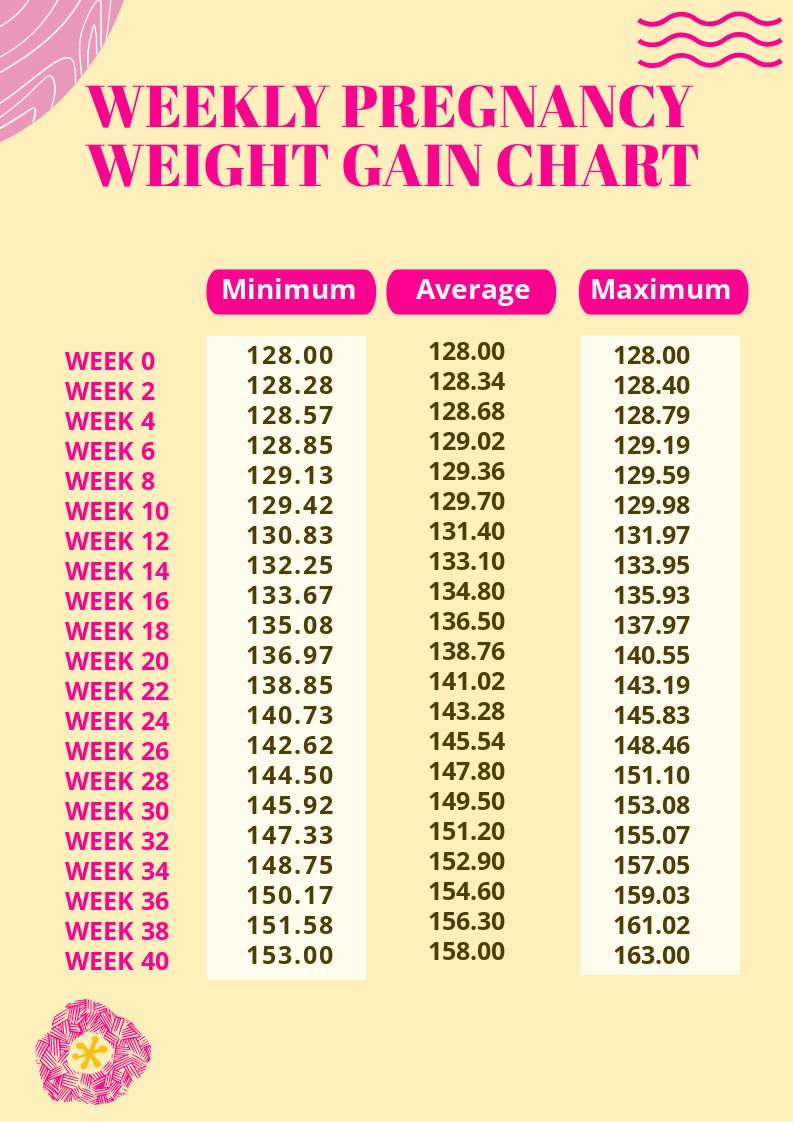How Many Pounds Baby Gain Per Month: A Comprehensive Guide
Welcoming a new baby into the world is a joyous occasion filled with excitement and wonder. As parents, one of the key concerns is ensuring that our little ones are growing and developing properly. One important aspect of a baby’s growth is how many pounds they gain per month.
Knowledge
When it comes to the topic of how many pounds a baby gains per month, there are several factors that come into play. Babies typically experience rapid growth and weight gain in the first few months of life. On average, a baby will gain about 1.5 to 2 pounds per month during the first six months. This rate of growth can vary depending on individual factors such as genetics, birth weight, and feeding habits.
It’s important for parents to monitor their baby’s weight gain to ensure they are on track with their growth and development. Regular visits to the pediatrician can help track your baby’s weight gain and address any concerns that may arise. In addition to weight gain, it’s also important to pay attention to other signs of healthy development such as reaching developmental milestones and overall well-being.
There are several factors that can influence a baby’s weight gain. One of the primary factors is feeding. Whether a baby is breastfed or formula-fed can impact their weight gain. Breastfed babies may gain weight at a slower pace compared to formula-fed babies, but this is completely normal and healthy. It’s important to follow your pediatrician’s guidance on feeding and ensure your baby is getting the nutrition they need to grow and thrive.
Another factor that can affect a baby’s weight gain is genetics. Babies come in all shapes and sizes, and genetics play a role in determining how quickly a baby will gain weight. Some babies may be naturally smaller or larger than others, and this is perfectly normal.
Monitoring your baby’s weight gain is an important part of ensuring they are healthy and developing properly. Your pediatrician will track your baby’s weight gain at each well-child visit and compare it to growth charts to see how they are progressing. If there are any concerns about your baby’s weight gain, your pediatrician may recommend adjustments to feeding or further evaluation to rule out any underlying issues.
It’s important to remember that every baby is unique and will grow and develop at their own pace. As long as your baby is meeting their developmental milestones, seems happy and healthy, and is gaining weight steadily, there is usually no cause for concern.
Conclusion
In conclusion, understanding how many pounds a baby gains per month is an important aspect of monitoring your baby’s growth and development. By paying attention to your baby’s weight gain, feeding habits, and overall well-being, you can ensure that your little one is thriving and healthy.
Parents, especially new parents, can benefit greatly from keeping track of their baby’s weight gain and discussing any concerns with their pediatrician. Remember, every baby is different, and growth rates can vary. Trust your instincts as a parent and seek guidance from your healthcare provider when needed.
Final thoughts, market outlook, and why it matters: The weight gain of a baby is a key indicator of their overall health and development. By staying informed and proactive about your baby’s growth, you can help set them up for a healthy future. Remember, parenting is a journey filled with ups and downs, but with the right knowledge and support, you can navigate the challenges and celebrate the joys of watching your baby grow.






